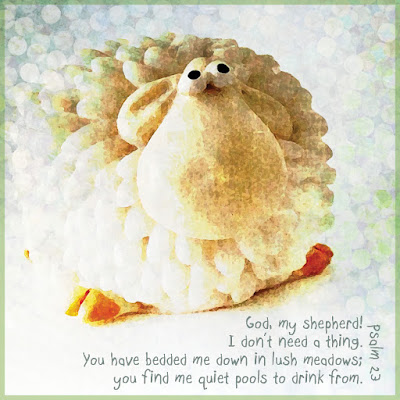Philippians 2:5-11
5 Let the same mind be in you that was in Christ Jesus, 6 who, because he was in the form of God, did not regard equality with God as something to be exploited, 7 but emptied himself, taking the form of a slave, being born in human likeness. And being found in human form, 8 he humbled himself and became obedient to the point of death— even death on a cross.
9 Therefore God also highly exalted him and gave him the name that is above every name, 10 so that at the name of Jesus every knee should bend, in heaven and on earth and under the earth, 11 and every tongue should confess that Jesus Christ is Lord, to the glory of God the Father.
Lent
The reflective, penitential season of Lent that leads us to Easter has been observed for different lengths at different times. In this twenty-first century, churches that follow the lectionary for their scripture readings generally observe Lent during the 40 days (excluding Sundays) from Ash Wednesday through Wednesday in Holy Week.
Triduum / Three Days
In a few days we move into the services of Maundy Thursday – Good Friday – Easter that form a single liturgy. One of my favorite activities is creating a resurrection trilogy by attending Saturday evening Easter Vigil, Sunday Sunrise, and mid-to-later morning Sunday services. I'd love to add an Easter afternoon or evening liturgy to that. Maybe I need to check out the downtown LA Cathedral?
Palm-Passion Sunday
On this last Sunday in but not of Lent, many churches start worship by reenacting Jesus' triumphal entry into Jerusalem with palms or some variety of locally grown green branches, and continue to his arraignment, trial, conviction, crucifixion, and death. The gospels of Mark and Matthew tell us when Jesus died the temple curtain tore from from top to bottom, symbolizing the reality of the reconciliation of heaven and earth. The word for tore is one that can't be mended; in Matthew, the earth shook, rocks split open. All creation responded!
Philippians 2:5-11
Almost forever scholars have imagined Paul quoted a hymn from another source, but Gordon Fee, professor emeritus at Regent College, Vancouver says:
If it was originally a hymn of some kind, it contains nothing at all of the nature of Greek hymnody or poetry. Therefore, it must be Semitic in origin. But … It lacks the rhythm and parallelism one might expect of material that is to be sung. And in any case, it fits very poorly with the clearly hymnic material in the Psalter or in Luke 1:46-55, 68-79, or in 1 Timothy 3:16b, to name but a few clear NT examples of hymns.
Whether or not it's an original by Paul or had been circulating around Christian circles, the cruciform theology of this hymn is pivotal.
gods and God
In the Ancient Near East/ANE gods were an ordinary part of daily life. Every city, town, and village, (almost every random mound of dirt) had its own deity. People imagined those gods demanded tribute in the form of money, food, shrines, sacrifices—human or animal ones at worst. People pictured gods being full of vanity and pretension. Aside from deities of place and function, you might find yourself interacting with a half-mortal, half-divine being who was offspring of a human and of a god. In Jesus Christ, we have a savior, a redeemer who is fully human and completely divine. Nothing halfway about him!
In The Message translation of this passage from Philippians, Pastor Eugene Peterson says Jesus "set aside the privileges of deity." Those divine privileges would have been ones the fake gods people invented would claim. They were not attitudes or actions the God of the bible ever would have assumed. In other words, being in the image of the real God of Earth and Heaven, Jesus took on the real attributes of that God including love, mercy, service, grace, and forgiveness.
In contrast to human ideas about divinity, the God of the bible especially self-reveals in the cross, in Jesus of Nazareth's crucifixion—and resurrection.
Theology of the Cross
Theology of the cross is about God's own self-revelation, especially in Christ crucified. Theology of the cross is about God's frequently hidden, paradoxical both/and presence in the commonest things, people, and situations.
Theology of glory is about human ideas and imaginings of how a powerful, all-knowing, sovereign God might act. Taking this further, theology of glory sometimes is about the ways humans wish God would behave. Varieties and variations of prosperity gospel are theologies of glory.
Reformer Martin Luther reminds us to see the fullness of God's power and sovereignty, look to the Bethlehem manger – look to the Calvary cross. "The God who became small for us in Christ" … small enough to die.




